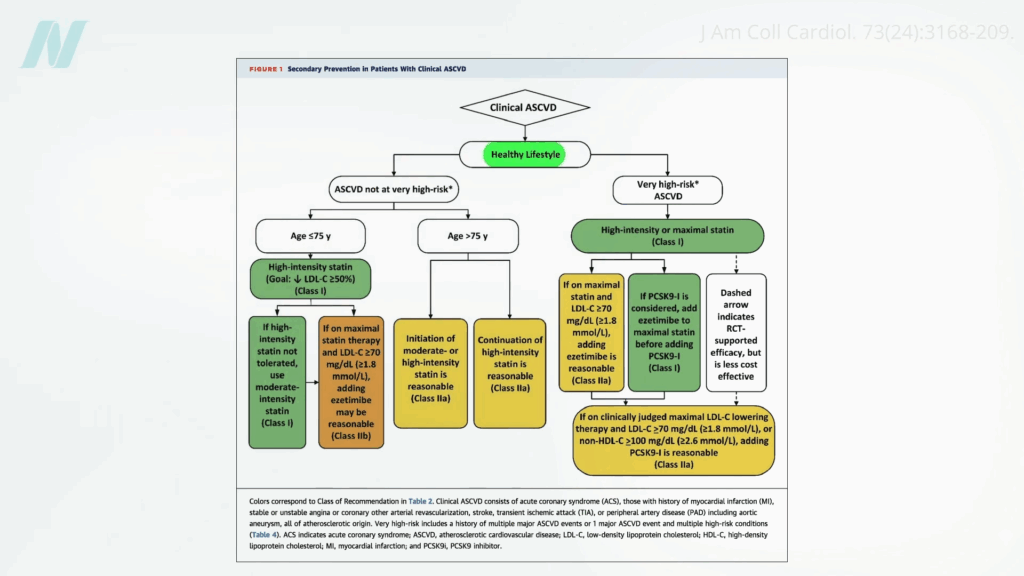
NUTRITIONISTS : THE HEALTH EXPERT
A person who has a wide range of knowledge about the nutritional aspects of all the food that exist is given the name of Nutritionist. They help manage health and diseases. Such specialist recommend people who need help with their diet, on how to control diet, what all to be eaten to lead a healthy lifestyle and types of food that needs to be eaten at different times of the day. We can find these nutritionists in hospitals, nursing home, care facilities or medical offices.
One thing to be kept in mind is that, every dietician is a nutritionist but not every nutritionist can be a dietician. This is in regard to the fact that the term nutritionist is not regulated, which means anyone can call himself or herself as a nutritionist. No formal training is needed to become a nutritionist. Whereas, a dietician needs to be registered by RD or RDN for registered dietician nutritionist.
A nutritionist comes in contact with the general public under two names Clinical Nutritionist and Community Nutritionist.
Clinical Nutritionist
They work in clinical setups often seen in one-on-one in sittings with inpatients or outpatients, sometimes with their families to assess their health chart which enables the process of designing and implementing dietary strategies and nutritional therapies. Those with hypertension, diabetes or obesity can be cured through clinical nutritionists’ plan of action. In situations where the health condition of the patient is worse (a person undergoing chemotherapy) and an overall change in the diet can help boost immunity in the body, the clinical nutritionists work willingly and provide the best input available.
Community Nutritionist
Schools, community health clinics and recreational centers, local, state, and federal government agency programs, and Health Maintenance Organizations are some of the places you’re likely to find nutritionists and dietitians working in this capacity. In setting such as these, specific subgroups like the children, the elderly, at-risk families are provided with target specific programs that is made to fulfill their specific needs based on their nutritional issues.
For example, when the U.S. Departments of Agriculture and Health and Human Services unveil revised USDA Dietary Guidelines based on the latest scientific data, it is the community nutritionists who are assigned the task of explaining the implications, educate the public and implement the plan of action to achieve the targeted goals.
FIELD EXPERTISE
They strive to bring the health conditions of individuals to an acceptable range and provide treatment from allergies to food intolerance or eating disorders to gastrointestinal disorders and obesity issues.
Within the course of treatment, there are tasks assigned to them which include
- Keep a look on their patients’ nutritional and health needs.
- Counselling patients from time to time and assess their improvement and carefully work upon any dissatisfaction from their reports.
- A carefully curated diet plans made into a proper understandable chart must be provided to the client keeping in mind their budget.
- Evaluate the effect of the meal plan on the client in a particular set intervals.
Nutritionists have different nutrition plan based on different body types. There need not be any hesitation for anyone to approach them when in need.


